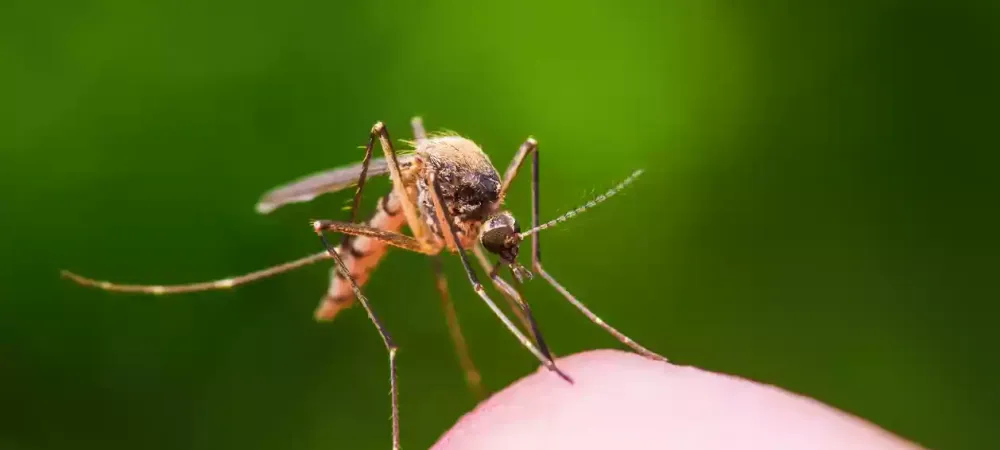Florida Mosquitoes: More Than Just a Nuisance

Mosquitoes are more than just a nuisance in Florida; they are a significant health concern due to their ability to spread diseases such as Zika, West Nile Virus, Dengue Fever, and in 2023, even Malaria. Understanding mosquito behavior and taking proactive measures can greatly reduce their presence and the risk they pose. This blog post will provide insights into the life cycle of mosquitoes and offer strategies to manage them effectively in Florida.
Understanding Mosquitoes
Mosquitoes are small, flying insects known for their annoying bites and potential to transmit diseases. They breed in standing water and can be found in nearly every environment in Florida, thriving particularly in humid and wet areas.
Life Cycle and Behavior
The mosquito life cycle consists of four stages: egg, larva, pupa, and adult. Females lay eggs on or near water surfaces, and these eggs hatch into larvae, which live in water and feed on organic matter. The larvae develop into pupae, and finally, adult mosquitoes emerge. Only female mosquitoes bite and feed on blood, which they require to produce eggs.
Prevention and Control
Effective mosquito management involves strategies to disrupt their life cycle and reduce their populations:
- Eliminate Standing Water: Since mosquitoes breed in water, eliminating standing water around your property is crucial. Regularly empty and clean bird baths, old tires, buckets, and any other containers that can hold water. Make sure rain gutters are unclogged and draining properly.
- Use Mosquito Dunks: For larger bodies of water that cannot be drained, such as ornamental ponds, use mosquito dunks. These contain bacteria that are harmless to other wildlife but kill mosquito larvae.
- Landscaping: Keep grass cut short and shrubs trimmed. During hot daylight hours, mosquitoes use tall grass and overgrown vegetation as resting places.
- Use Screens and Nets: Ensure that window and door screens are intact to prevent mosquitoes from entering your home. Use mosquito nets over beds if sleeping in areas exposed to the outdoors.
- Personal Protection: Wear long sleeves and pants when outdoors, especially during dawn and dusk when mosquitoes are most active. Use EPA-approved insect repellents containing DEET, picaridin, or oil of lemon eucalyptus for added protection.
- Professional Mosquito Control: If you have a severe mosquito problem, consider hiring a professional mosquito control service. They can provide more comprehensive control strategies, including regular treatments to reduce mosquito populations.
Mosquitoes in Florida can greatly impact the quality of life and health. By taking proactive steps to control their populations and protect against bites, you can enjoy the outdoors more comfortably and safely. Remember, the key to effective mosquito control is to prevent them from breeding by managing standing water and using appropriate repellents and barriers.
Stay tuned for more from our series on Florida’s most annoying pests. Next, we will delve into the troublesome world of biting midges, also known as no-see-ums, and explore effective methods to manage their presence around your home.
